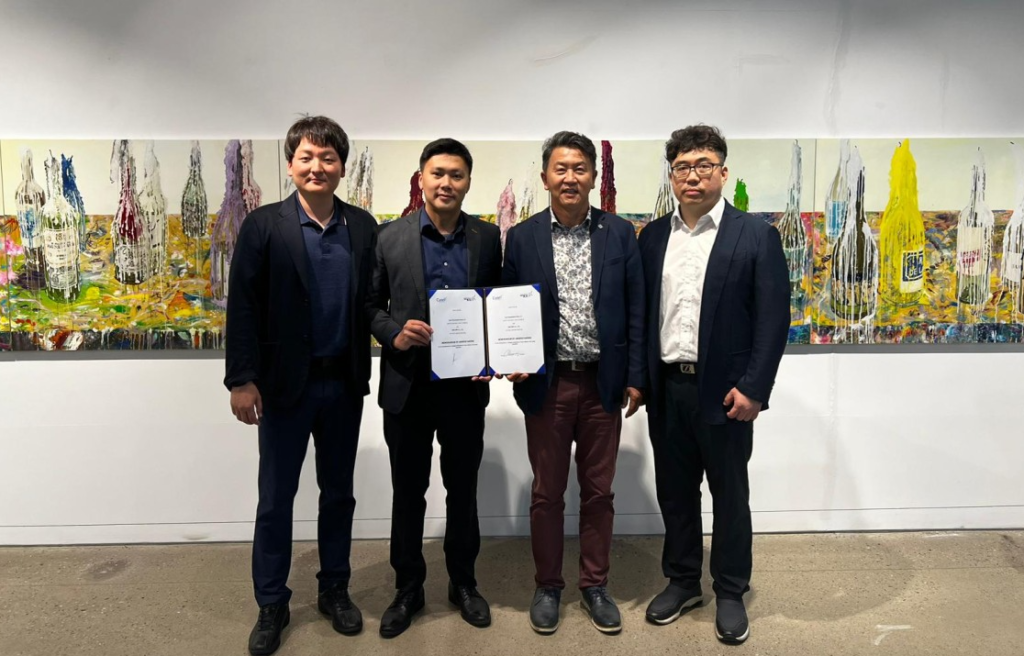Seraya Partners’ Portfolio Company, Cyan Renewables, Signs MoU with DRS KWP
Cyan Renewables, a portfolio company of Seraya Partners, has recently entered into a Memorandum of Understanding (MoU) with DRS KWP to bolster the offshore wind industry in South Korea.
DRS KWP, a subsidiary of the Dae-Ryuk Shipping (DRS) Group, operates as a provider of crew transfer vessels (CTVs) and offshore tugboat services in South Korea. The new partnership between Cyan Renewables and DRS KWP aims to collaborate on operations and maintenance (O&M) tenders for South Korea’s offshore wind market. This collaboration will entail DRS KWP overseeing the provision of CTVs, while Cyan Renewables will be responsible for supplying service operations vessels (SOVs).
Offshore Wind Potential in South Korea
Recognizing the potential of offshore wind in South Korea, Lee Keng Lin, CEO of Cyan Renewables, expressed enthusiasm about the collaboration with DRS KWP. He highlighted how DRS KWP’s local expertise, coupled with Cyan Renewables’ operational know-how, can help resolve supply chain issues and stimulate growth in South Korea’s offshore wind industry.
DRS KWP’s Executive Vice President, Cho Kyu Sung, echoed this sentiment, stating that the joint venture is well-positioned to significantly impact South Korea’s offshore wind sector.
Addressing Supply Chain Issues
According to Cyan Renewables, this partnership can ease the supply chain issues in South Korea’s offshore wind industry and foster local talent development. The Singapore-based offshore wind vessel owner, Cyan Renewables, established in 2022, hopes that this collaboration will support South Korea’s ambition to increase offshore wind capacity to 14.3 GW by 2030.
The company’s South Korea office was inaugurated in early April. This is the second partnership with a South Korean firm by Cyan Renewables, following an MoU with Hyundai Asset Management to enhance the local supply chain and vessel capacity.
Additional Collaborations
Recently, Cyan Renewables also partnered with Ocean Infinity to offer geophysical and geotechnical services for offshore wind projects in the Asia-Pacific region.
Original Story at www.offshorewind.biz
